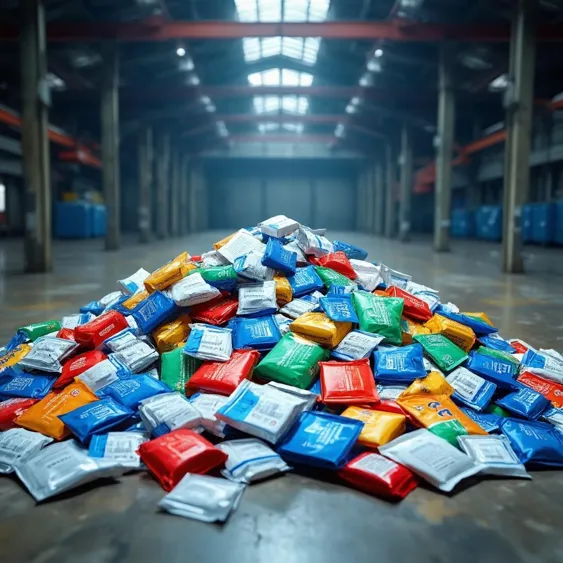dynamics
Authorities Seize 242 Tons of Drugs in First Half of Year

As of June 25 this year, immigration authorities nationwide have reported significant progress in their anti-drug efforts, unveiling a total of 205 drug cases in port border areas. In this period, 262 individuals have been arrested in connection with these cases, and authorities have successfully seized 2.42 tons of various drugs. Among the cases reported, 38 involved large quantities of over 10,000 grams, reflecting a promising trend in the ongoing fight against drug trafficking at port borders.
The dedication of police officers in immigration management agencies has played a crucial role in this success. These officers have actively embraced the national security concept, diligently enforcing anti-drug policies despite personal risks. Their proactive approach has involved innovative methods, such as the implementation of a new operational model that combines professional expertise with advanced technology, including big data analysis, video surveillance, and the use of drones and police dogs. This comprehensive strategy focuses on dismantling drug networks, targeting gang activities, and intercepting drug funds.
The head of the Border Inspection and Administration Department of the State Administration of Immigration has outlined future initiatives aimed at enhancing these anti-drug efforts. In alignment with directives from the Party Central Committee, the national immigration administration will maintain a stringent approach towards drug-related illegal activities at border points. This involves intricate planning to adapt strategies according to evolving circumstances, and effectively controlling the port border area through a multi-dimensional prevention and control network.
To improve coordination and efficiency, the administration is committed to enhancing resource sharing and collaboration among law enforcement agencies. This will not only address local issues but also tackle larger networks operating behind the scenes in drug trafficking. By increasing cooperation with neighboring countries, the authorities aim to fortify border law enforcement and diminish illegal drug activities in these regions.
Moreover, the framework for public engagement in anti-drug campaigns will be amplified. By ramping up awareness efforts and involving local communities in the fight against drug dependency and trafficking, the immigration administration seeks to foster a collective atmosphere where the public actively collaborates in condemning drug-related crimes. This strategy aims to create a widespread societal backlash against drug trafficking, ensuring a fortified front against these illicit activities.
In summation, the comprehensive approach underway reflects a robust commitment to eradicating drug trafficking at port borders. As enforcement measures evolve and public involvement grows, immigration authorities are poised to strengthen their defensive measures, aiming for an effective and lasting impact on the nation's battle against drug-related crimes.
New Strategies to Build a Strong Educational Nation from National Education Conference
Xi Jinping emphasized integrating strategies for education, innovation, and talent development to enhance service orientation and respond to national needs.
Immigration Agencies Enhance Border Inspections for Ching Ming Festival
2.1M people will enter/leave ports daily during Ching Ming Festival, up 21.4% from last year; major airport traffic also rising.
A Thousand Years of Hanshang Hanfu Festival Online Lecture Series
Beijing ICP No. 05064741-1, Public Network Security No. 11010802035725.


